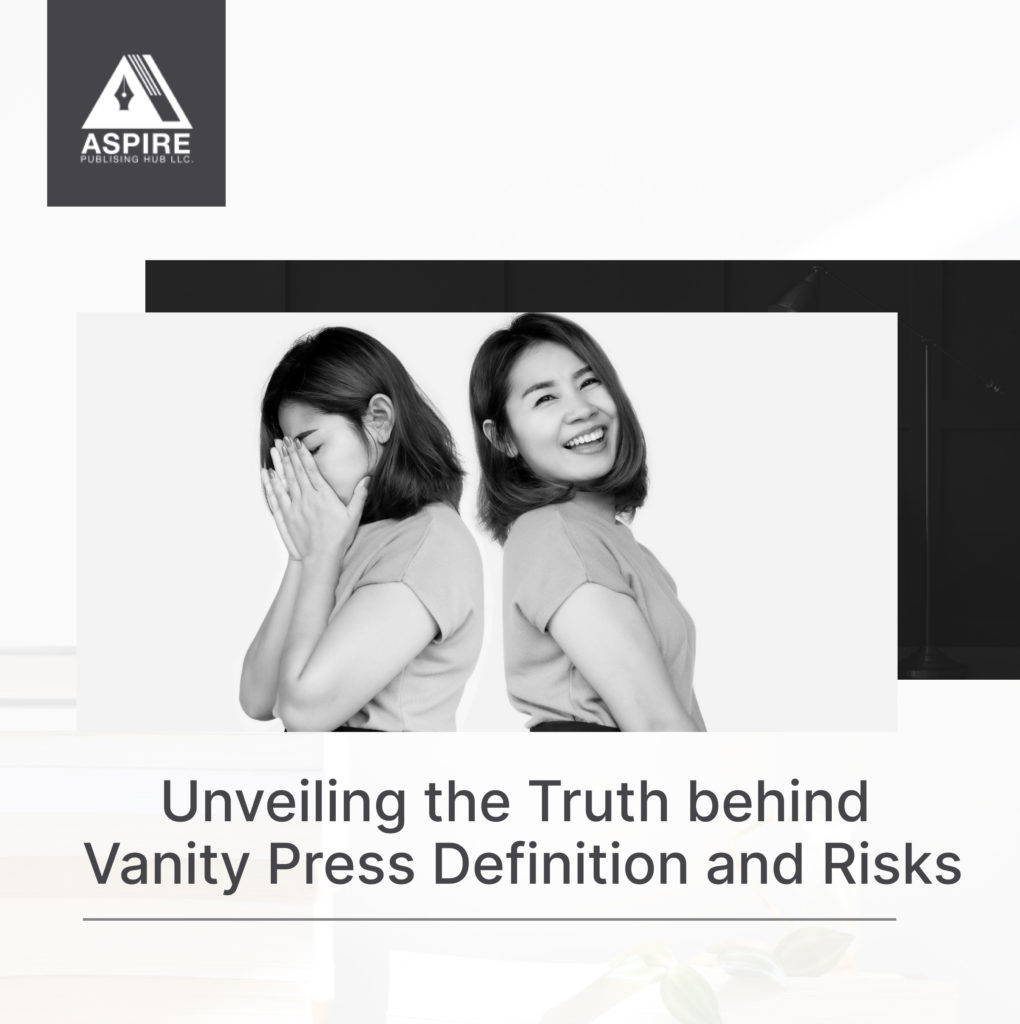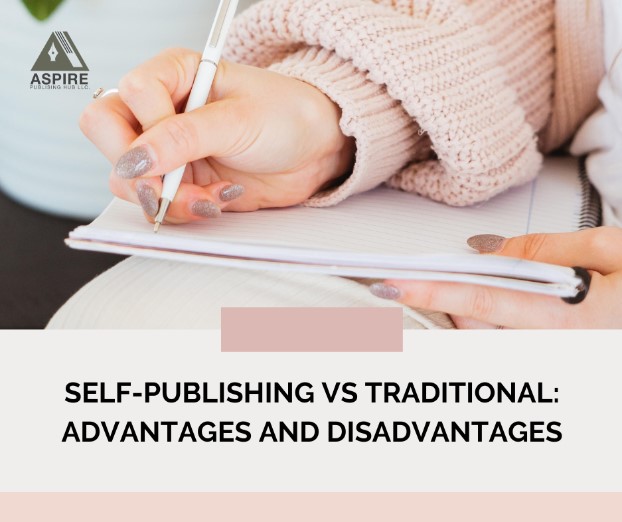Authors in the publishing industry often aspire to have their work printed and shared with a larger audience. As traditional publishing houses are becoming increasingly selective and competitive, more and more authors are opting for self-publishing options such as vanity presses. It’s important to understand the definition and risks associated with vanity presses, even though they promise to help authors achieve their publishing goals. In this article, we’ll explore what vanity press is all about and provide you with the information you need to decide if it’s the best choice for you. Let’s explore and learn about vanity press.
What is Vanity Press?
Vanity Press, also known as subsidy publishing or self-publishing, is a type of publishing where authors pay a fee to have their book published. This is different from traditional publishing, where the publisher pays the author for the rights to publish their book. With vanity press, the author assumes all the costs of publishing, including editing, formatting, printing, and distribution.
The term “vanity press” comes from the idea that authors who pay to have their book published are doing so out of vanity, or a desire to see their name in print. However, this is not always the case. Many authors turn to vanity press because they have exhausted all other options and want to see their work in print.
While vanity press can be a good option for some authors, it’s important to understand the risks associated with this type of publishing.
The history of Vanity Press
The history of vanity press dates back to the 18th century, where authors paid printers to publish their work. However, the modern form of vanity press emerged in the 20th century with the rise of self-publishing.
In the early days of self-publishing, authors had to do everything themselves, from printing and binding their books to distributing them. However, with the advent of new technologies like print-on-demand and e-books, self-publishing became more accessible to the masses.
Today, there are hundreds of vanity presses that offer a wide range of services to authors. From editing and formatting to cover design and distribution, authors can choose from a variety of packages that fit their needs and budget.
How Vanity Press works
Vanity Press works by offering authors a range of publishing services in exchange for a fee. The services can vary depending on the package, but generally include editing, formatting, cover design, printing, and distribution.
Once the author has paid the fee and submitted their manuscript, the vanity press will begin the publishing process. This can take anywhere from a few weeks to several months, depending on the complexity of the project.
Once the book is published, the author will receive a percentage of the sales revenue. However, this percentage is often much lower than what traditional publishers offer, as the author has already paid for the publishing costs.
The risks of Vanity Press
While vanity press can be a good option for some authors, there are several risks associated with this type of publishing.
Firstly, the quality of the book may suffer if the author doesn’t choose a reputable vanity press. Many vanity presses offer poor quality editing and design, which can result in a poorly produced book.
Secondly, the cost of publishing with a vanity press can be high. While some vanity presses offer affordable packages, others can charge thousands of dollars for their services. This can be a huge financial burden for authors, especially if the book doesn’t sell well.
Thirdly, authors who publish with a vanity press may have difficulty getting their book into bookstores and libraries. This is because many bookstores and libraries only stock books from traditional publishers, as they are seen as more reputable.
Finally, authors who publish with a vanity press may be seen as less credible than those who publish with a traditional publisher. This can be a disadvantage when it comes to book reviews, media coverage, and literary awards.
Alternatives to Vanity Press
If you’re an author who wants to see their work in print but doesn’t want to go down the vanity press route, there are several alternatives available.
One option is to pursue traditional publishing. While it can be difficult to get a traditional publisher to accept your book, it can be a more prestigious and financially rewarding option.
Another option is to self-publish without the help of a vanity press. This involves doing everything yourself, from editing and formatting to printing and distribution. While this can be time-consuming and challenging, it can result in a higher-quality book and more control over the publishing process.
Vanity Press vs. Traditional Publishing
While both vanity press and traditional publishing offer authors the opportunity to see their work in print, there are several key differences between the two.
Firstly, with traditional publishing, the publisher pays the author for the rights to publish their book. This means that the author doesn’t have to pay any publishing costs upfront.
Secondly, traditional publishers have more resources and experience when it comes to editing, design, and distribution. This can result in a higher-quality book and better sales.
Finally, traditional publishing can be more prestigious and advantageous when it comes to literary awards, book reviews, and media coverage.
How to avoid Vanity Press scams
Unfortunately, there are many vanity press scams out there that prey on unsuspecting authors. To avoid falling victim to a scam, make sure you do your research before choosing a vanity press.
Some things to look out for include high-pressure sales tactics, unrealistic promises, and hidden fees. You should also check the vanity press’s reputation online and read reviews from other authors who have used their services.
Vanity Press success stories
Despite the risks associated with vanity press, there have been many success stories over the years. One of the most famous examples is the novel “The Celestine Prophecy” by James Redfield, which was originally self-published before being picked up by a traditional publisher and becoming a bestseller.
Other successful self-publishers include Amanda Hocking, who sold millions of copies of her young adult novels online, and Hugh Howey, who self-published his sci-fi novel “Wool” before being picked up by a traditional publisher.
In conclusion, vanity press can be a good option for some authors who want to see their work in print and reach a wider audience. However, it’s important to understand the risks associated with this type of publishing and to do your research before choosing a vanity press.
If you’re an author who wants to publish their book, consider all your options and choose the one that best fits your needs and budget. Whether you go down the vanity press route or pursue traditional publishing, remember that the most important thing is to write a great book that readers will love.



